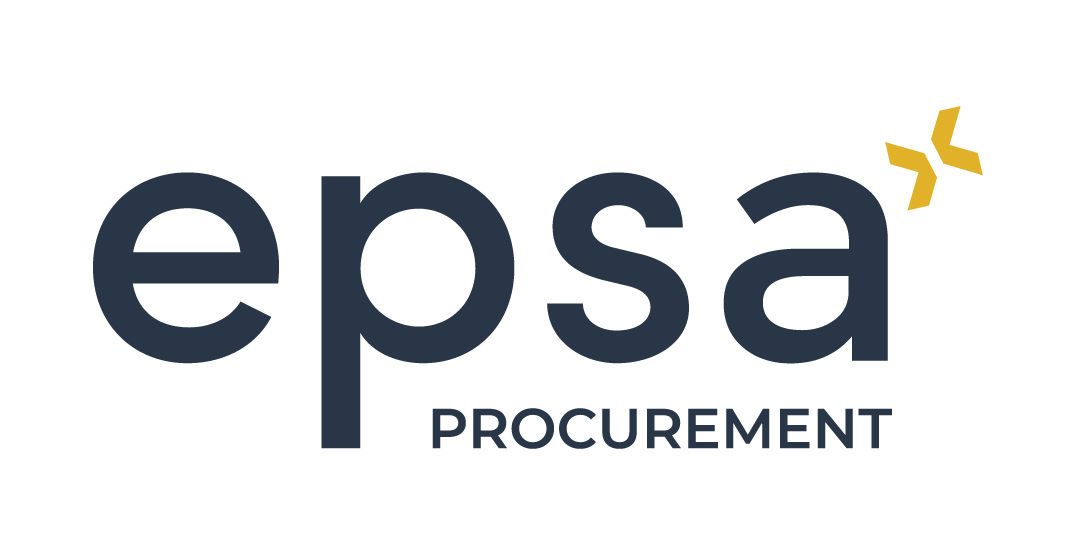
Do you have a growth mindset?
Customers always want to receive their products faster, cheaper, and smarter. That requires constant innovation. Fortunately, you are being trained to facilitate and structure the growth of companies. But when you get your first job after university, how do you make sure that you yourself also get to grow within a company? To be and stay a relevant employee, it’s important to adapt to your environment and to keep developing your own skills and character. In order to do that, you need the right mindset. The growth mindset.
Don’t be afraid to make mistakes
People with a growth mindset believe in self-development. They know practice makes perfect and aren’t afraid of trying new things. Making mistakes is part of the process and can teach you a lot. Just keep trying! It can lead to the most creative and innovative solutions.
Don’t get in the way of your self-development
The opposite of the growth mindset is the fixed mindset. People with a fixed mindset believe that intelligence, capabilities, and talents can’t be changed. If that’s the case, it’s little use to carry on with something that doesn’t work for you the first time around. But if you don’t keep trying, you won’t develop your skills. This way, you confirm your fixed mindset, but you will never get better at anything new.
Change is opportunity
People with a fixed mindset can see change as a threat, but for people with a growth mindset, change is an opportunity to learn new things. So, in order to facilitate innovation in a company, your mindset is what really matters!
Test your mindset
What you learn in university is a great base for your future. But you need to use your intelligence and transferable skills to keep your self-development going. The mindset you use can depend on the situation you’re in. In some situations you could be hesitant to ask for help - a sign of a fixed mindset-, while usually, you do like a challenge: a sign of a growth mindset. Your mindset is not black or white, it’s somewhere in between. Would you like to know where your mindset falls on the spectrum? Take the test to find out.
- How do you feel about other people’s personalities?
- You are who you are. People don’t change.
- You can get better at things as long as you put in the effort, but you’ll never succeed at something you’re not talented at.
- You get to decide who you are. With the right efforts and intentions, you can achieve anything you want.
- How do you deal with challenges and difficulties?
- Honestly? I’d rather avoid them.
- If they’re not too difficult, I’ll face them. Seeing my own progress motivates me.
- I seek them out because I enjoy developing my skills.
- You made a mistake. What do you do?
- Keep it quiet so nobody will find out.
- That’s a bummer, of course. I admit my mistake so it can be corrected.
- No problem. That’s what happens when you test your limits. I will learn from it.
- Imagine that a future colleague has a big success and gets put in the spotlights. How would you feel?
- Damn, now she gets the promotion I was after. There can only be one winner, and I’m not that person.
- I want to be better than him/her. Next time it will be me up there.
- Success is not limited to one person, so I think everyone deserves to have it. I’m going to ask him/her what his/her secret to success is.
- How good are you at asking for help?
- I’m not, really. I’d rather do things by myself.
- It’s difficult for me to ask for help because it makes me feel vulnerable. But I do try it sometimes.
- I regularly ask for help. Especially from experts who I respect. That way I can learn the most.
Results:
- Mainly a: more fixed than growth
You are who you are, that won’t change. According to you, success and failure are direct effects of the talents you’re born with. Or of the circumstances, of course. Try to play it safe less often. If you really go for something, you may surprise yourself.
- Mainly b: average
Negative feedback and mistakes: you’d rather avoid them. But you do understand it’s all part of the process and you are able to learn from it. However, you won’t actively go looking for it. It helps to realize that making mistakes is not something to be ashamed of. Try to ask for feedback and learn to step out of your comfort zone.
- Mainly c: more growth than fixed
You always put full effort into everything, even when it seems like you don’t have a talent for something at first. Trying your best is always valuable because it increases your personal growth. Good for you!
























